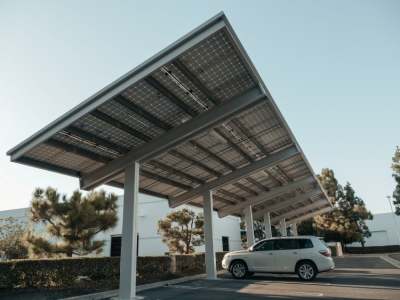Community energy can give us control over our energy supply. It can create local jobs, lower energy bills and stronger community ties.
In this article, we look at whether community energy could help address the rising energy price crisis. We look at tariffs supporting community energy, and we explore how to become a member of a community energy initiative.
What is community energy?
Communities all over the UK are leading the way to more sustainable generation and energy use.
‘Community energy’ is when citizens work together to build renewables or support households in reducing their consumption. It often refers to community-led generation projects, for example a wind farm or solar panel project which members of the community part or fully own.
The UK currently has over 120 community energy projects involved in everything from tackling fuel poverty to providing energy advice and community education.
Energy Gardens, for example, is building community-owned renewable generation and using the profits to create community gardens in railway stations across London. The group seeks shareholders to invest in solar panels, and uses extra money made from selling the energy to transform trackside space into food growing, educational and other green public spaces.
In most community-energy initiatives, members have a say in how the project is run, and what local or social benefits they’d like to see from it. For example, they may be able to decide where to put the profits, whether to pay them to shareholders, revive the local pub, or set up an electric car sharing scheme.
Why is community energy important?
Community energy moves us towards renewable and clean energy generation and use – supporting our transition away from fossil fuels and towards net zero. By giving citizens power and control over the energy system, it can build our resilience and energy sovereignty.
“Community power can help place citizens and communities at the centre of the low carbon transition,” according to ClientEarth.
“It involves them directly in energy decisions, and provides them with more control over possibilities to switch to a more sustainable lifestyle. It also focuses on cooperation and development of common goals between citizens, leading to stronger communities overall.”
Crucially, in the UK, these projects offer a way for citizens to drive the clean energy transition at a time when the government appears to have turned its back on the need to support renewables.






